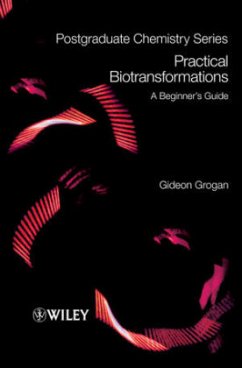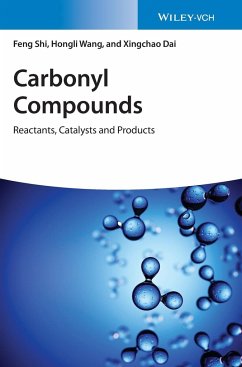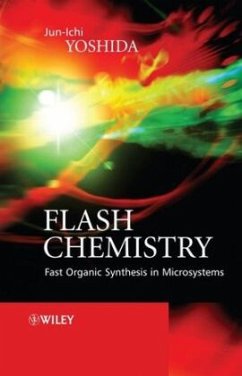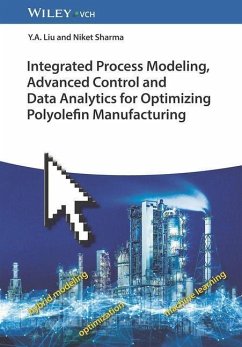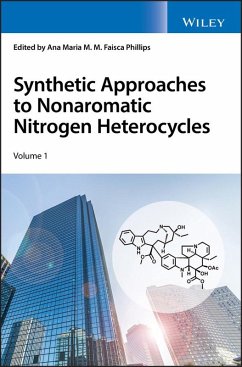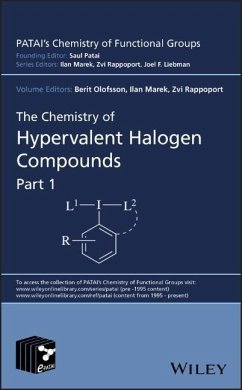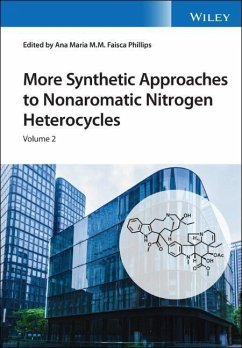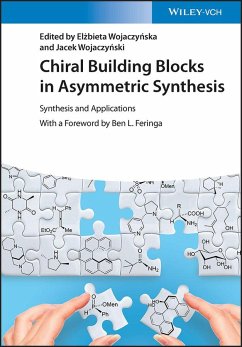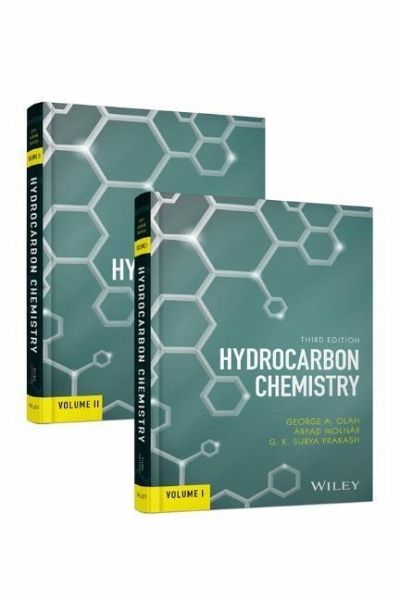
Hydrocarbon Chemistry, 2 Volume Set
Versandkostenfrei!
Versandfertig in über 4 Wochen
450,99 €
inkl. MwSt.
Weitere Ausgaben:

PAYBACK Punkte
225 °P sammeln!
Seit Erscheinen der 2. Auflage hat sich die Kohlenwasserstoffchemie rasant entwickelt, in wissenschaftlicher Hinsicht und gemessen an seiner Bedeutung. Der Ansatz hat das größte Potenzial, um Erdöl und eines Tages alle fossilen Brennstoffe zu ersetzen. Auch können die heute noch überwiegend eingesetzten fossilen Brennstoffe durch CO2-Abscheidung und -Recycling umweltfreundlicher werden. CO2 lässt sich mit Materialien auch so recyceln, dass neue Brennstoffe und chemische Rohstoffe entstehen. Diese Entwicklungen haben zu dieser 3. Auflage geführt.





